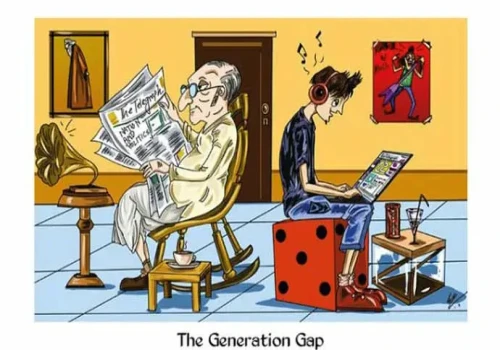
Having worked as a software developer at a prominent tech company in San Francisco for six years, Liam, who is 34 years old, has derived satisfaction from his role and enjoys a substantial salary. Nevertheless, over the last six months, Liam has begun experiencing a sense of unease regarding the direction his career is taking. The cause of his apprehension stems from the incremental displacement of his position by artificial intelligence.
For some people, generative AI tools feel as if they’ve come on fast and furious. OpenAI’s ChatGPT broke out seemingly overnight, and the “AI arms race” is ramping up more every day, creating continuing uncertainty for workers.
Despite the unsettling nature of the new technology, it is suggested that workers need not succumb to existential dread. Individuals possess the ability to determine the extent of their concerns: they can opt to either "experience anxiety regarding AI or feel empowered by learning about it and leveraging it to their benefit."
The impending surge of artificial intelligence (AI) heading toward numerous professions has instilled profound anxiety among workers who are concerned about the potential erosion of their jobs. This has led to a growing impact on mental health.
While the majority of individuals do not experience this type of anxiety, those predisposed to anxious tendencies have effectively cultivated a fear of technology and machines, which manifests in intricate ways. For example, an initial observation might suggest that heightened concerns about privacy have no direct connection to the apprehension of sentient machines. However, I contend that both stem from the same source of anxiety in a select few, seeking expression through various seemingly unrelated concerns.
In conclusion, our study acknowledges limitations that should be considered in interpreting the findings. The AI anxiety model outlined does not encompass cultural factors, and the data collected from individuals in China may not necessarily apply to populations in other countries. To ensure the broader validity and reliability of the model, a cross-national survey is recommended to explore the theoretical stability of AI anxiety acquisition. Recognizing these limitations is crucial for refining future research efforts and gaining a more comprehensive understanding of the global implications of AI anxiety.






